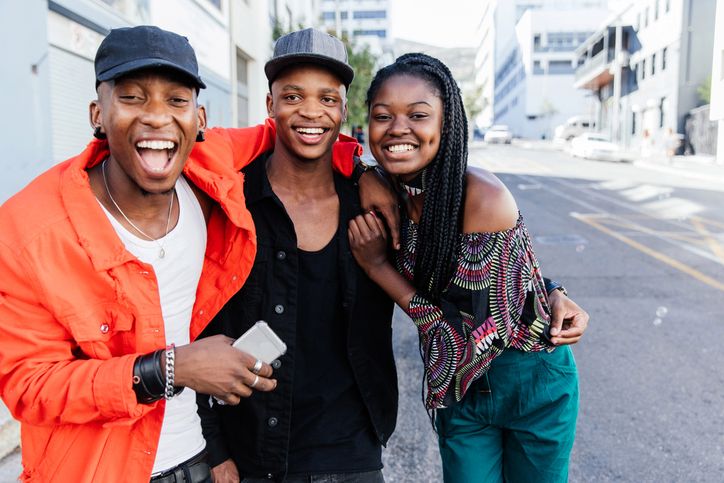
Source: Hello World / Getty
DC Livers has had enough of the content theft happening to ADOS (American Descendants of Slavery) creatives. With that in mind, the Black Content Factory was built in order to get them what they’re owed.
While the strike happening by Black TikTokers against the app due to their lack of recognition, attribution, and compensation, has been making headlines as of late, as the CEO of the Black Content Factory, Livers has been dedicated to this fight for years now.
“I’ll never forget when I ran my ideas and the name of the new project past an ally who immediately said the name was horrible,” she recalled. “That actually made me know immediately that it was perfect.”
According to Eurweb, the Black Content Factory aims to cut down on the amount of content theft happening to the ADOS community from the mainstream media and big tech companies by “fighting economic racism through entrepreneurship.”
“Black Content Factory has been working closely with Black professional athletes, Black coaches, and others to help reshape the future of technology and lessen the ability for people to encroach upon it and steal it,” Livers continued. “We’ve been working with a legal group and are considering a Class Action lawsuit against big tech companies like Twitter, Instagram, TikTok, and others stop the practice non-Black people call ‘Liquid Money’ — a term they came up with to say they feel that African Americans born in the United States are free money.”
Livers expressed that the problem of content theft particularly affects Black Americans who are also ADOS. In her opinion, Black immigrants who come to the U.S. often “hide in Blackness and extract the money earmarked for #ADOS and ‘Black Americans’” without necessarily even considering themselves to be a part of the Black American ADOS community. She believes the trend also continues through first-generation Blacks living in America as well.
“There are many examples,” Livers said, “like the woman who hijacks Black culture for profit at The Shade Room or people like Emmanuel Acho who arrogantly snubbed his nose at American Blacks by appearing on Ellen in May 2021 saying, ‘I’m Black by skin but Nigerian by Culture.’”
Eurweb went onto state that Acho “presented Nigerians as a preferred Black vs American Blacks.”
Livers, who the outlet described as a “veteran sports reporter,“ said that Acho’s words were “the most offensive thing anyone has ever admitted to in recent memory.”
“Everything he’s gotten since his family came to this country is a direct result of his skin, but has he ever given back to the people he’s basically stolen his advantages [from]? He made it clear in his words and book that he and many first-generation Africans purposefully separate themselves from American Blacks until it’s [time] for the money,” Livers said.
Eurweb reports that Forrester Research found that Black (ADOS) millennials spend $13.5 Billion every month. Despite that, representation of the community — from the branding being done to the ownership of the businesses being run — doesn’t match up with the buying power they hold, as per their data. With that in mind, the Black Content Factory “provides a network of co-working spaces designed for Black startups to create content, products, and services that are for us and by us.”
Read more about it here.


